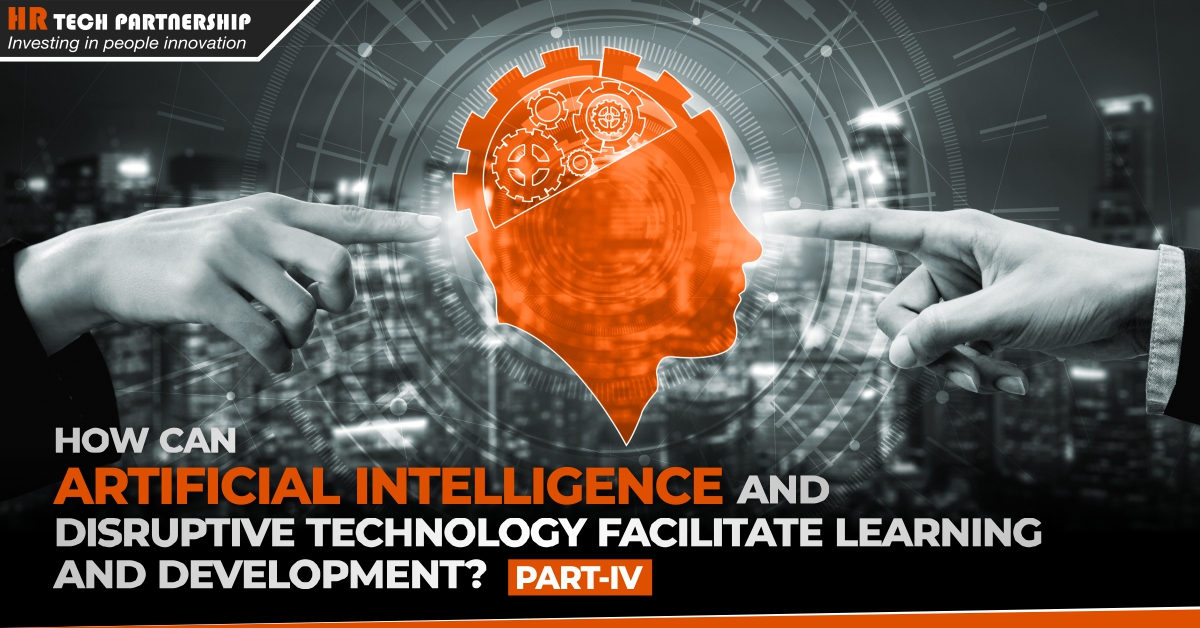How can Artificial Intelligence and Disruptive Technology facilitate L&D?Posted by HR Tech Partnership on January 14th, 2021
A blog by Gabriel Barnes Over the past year, HR leaders have felt renewed pressure to ensure that their employees have had sufficient access to quality learning and development programmes. Whilst these have always been a crucial part of a career journey, they are now both more important and more difficult than ever to provide due to the shift to remote working. Employers have been faced with this challenge of virtualising their learning and development programmes which would traditionally have taken place in a classroom environment. This has meant that there is an enormous, sometimes overwhelming, amount of content available online which employees have had to try and navigate with little or no guidance as to what should be focused on and what should be filtered out. It goes without saying that Artificial Intelligence and digital solutions will become supporters and facilitators of these processes due to their agility. How has AI been used in Learning & Development to date? Even before the advent of the coronavirus crisis, there was an increasing demand for technology to supplement learning and development programmes.
Nevertheless, most corporates have always been heavily reliant on classroom-based learning, particularly in the areas of ‘soft skills’ and leadership training. The application of Artificial Intelligence in learning solutions has generally been limited as a result The future of Disruptive Technology in Learning & Development Many learning and development directors are now prioritising the establishment of virtual learning, and only turning to physical learning where necessary. The introduction of agile digital solutions is timely as workforces are now more diverse and multi-generational than they have ever been. With the foundations of these blended learning and development programmes having already been built, the shift to remote working will accelerate the use of Artificial Intelligence and digital solutions. The rise in the use of Artificial Intelligence will prompt significant changes to how learning and development is organised and conducted.
Augmented reality will start playing a bigger role, particularly in nurturing leadership behaviour. As handset costs are becoming more affordable, the uptake of solutions based in Augmented Reality will be much higher. Introducing AI in a practical way Initiatives to introduce solutions based in Artificial Intelligence can see learning and development programmes increase in quality and be better suited to a workforce which will continue to operate remotely. The potential for a high Return on Investment makes the implementation of these solutions extremely worthwhile. It is advisable to pilot these solutions on a small scale and in a low-risk way, subsequently committing to them only if they prove successful. The HR Tech Partnership (HRTP) runs a human capital digital innovation hub which can facilitate this low-budget innovation in HR so that leaders do not have to make large commitments in the first instance. Like it? Share it!More by this author |



